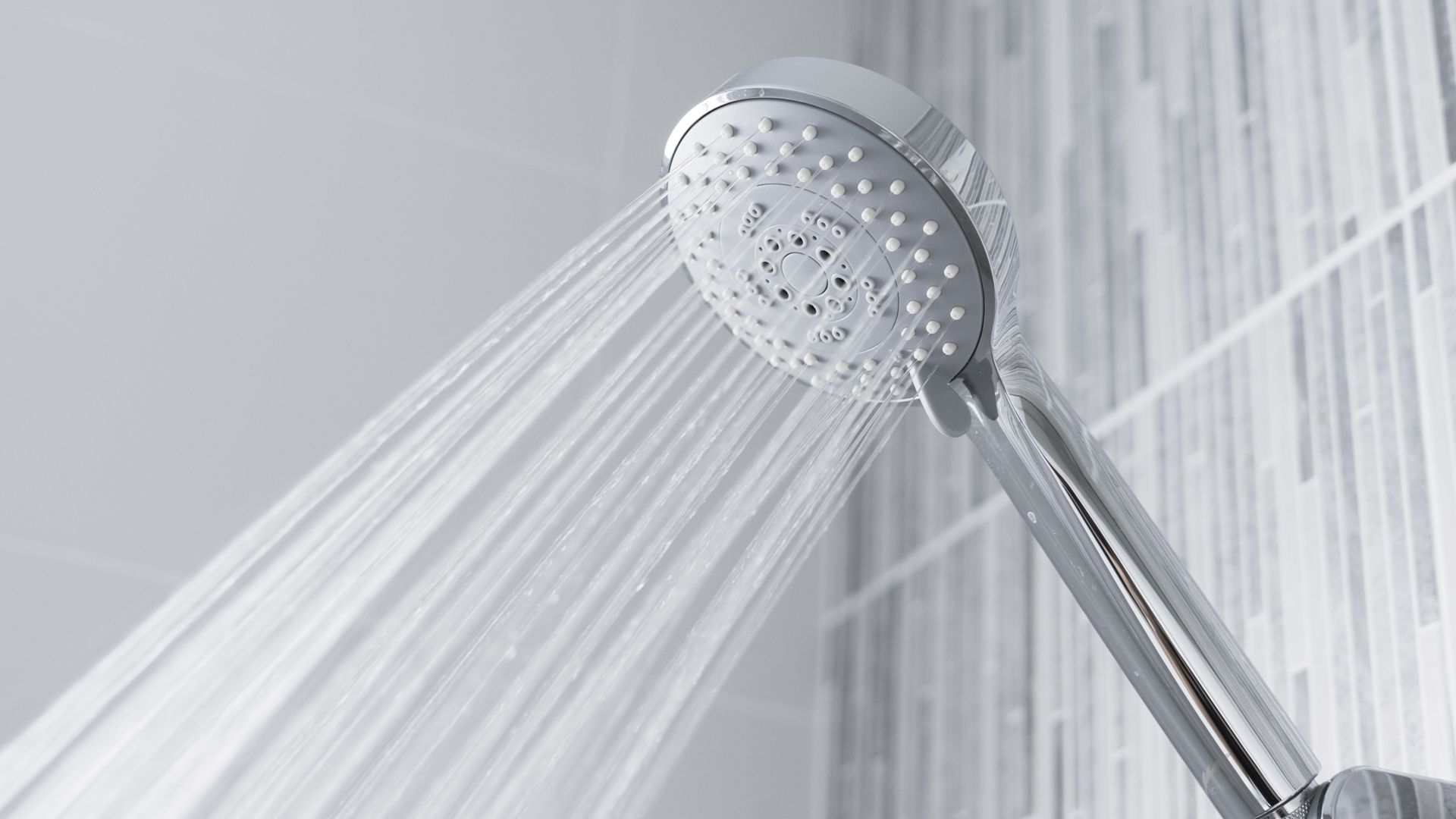Plumbing Tips for Winter
Cold-weather breaks can cause pipes to burst in your own household or business plumbing. Here are some tips to avoid costly damage.
Before the Cold Weather Hits
- Know the location of your water shut-off valve switch and test it regularly.
- Turn off and drain automatic and manual sprinkler systems before first freeze.
- Turn off outdoor faucets and be sure to disconnect hoses from them.
- Winterize unheated or vacant buildings.
- Insulate water pipes that may be vulnerable to the cold or have caused problems before.
During a Deep Freeze (-5 Degrees and Below)
- Keep open cabinet doors leading to exposed pipes (such as access doors for sinks), so that household air can warm them.
- If you have an attached garage, keep its doors shut.
- Crack a very slow drip from a faucet furthest from the place where your water enters the house.
- Keep your thermostat set above 65 degrees when leaving your house or business for several days.
Frozen Water Pipes
With freezing temperatures there is a good chance that unprotected water pipes will freeze. When this happens, you may experience only the annoyance of interrupted water service until the water in the pipes thaws. Unfortunately, for a few, the water line may rupture and cause property damage and require plumbing repairs.
There are several preventive measures that can reduce your chances of having your water lines freeze.
- Shut off the outside water valve, disconnect water hoses and drain water from pipes, via an open faucet.
- Allow a trickle of hot and cold water to drip. The cost of the wasted water is small compared to the damage from frozen pipes. CAUTION: Be certain you are not running water into a drain line that is exposed to extreme cold, as that line might freeze as well.
- Open kitchen and bathroom cabinet doors under sinks to allow heat from the room to circulate around un-insulated pipes.
- Heat unused rooms with plumbing, especially if the plumbing is in a north wall.
- Insulate all pipes in areas where there is no heat, such as the garage or crawl space.
- Apply heat tape or thermostat-controlled heat cables around pipes that are exposed to the weather and prone to freeze. You can purchase a variety of insulating and heating devices to install on both inside and outside plumbing.
- Seal any air leaks around doors and windows to reduce cold air penetration.
If frozen pipes do occur, Paul's Plumbing & Heating, Inc. can thaw those pipes.
We can also repair any broken lines due to freezing.
